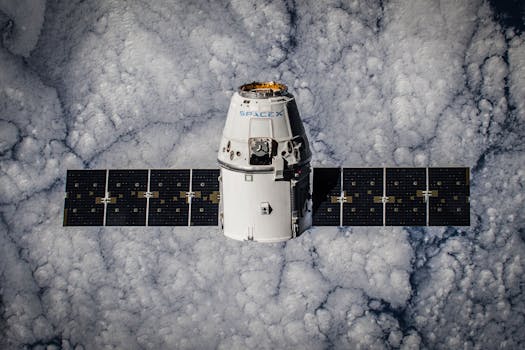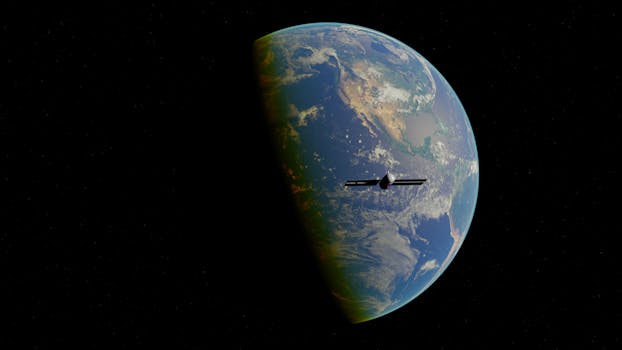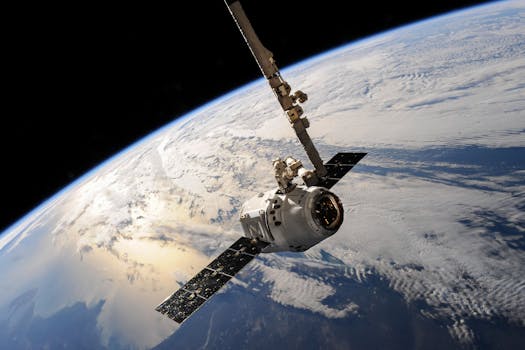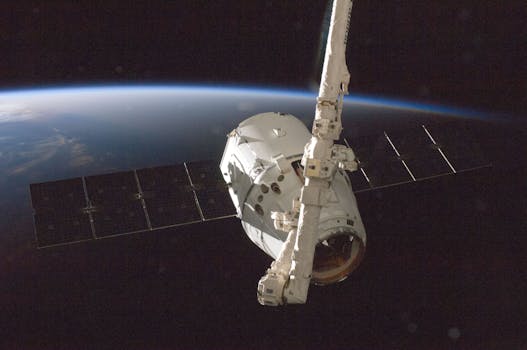
The Future of Satellites: Advancements and Innovations in Space Technology
Future of satellites is an exciting and rapidly evolving field, with new advancements and innovations in space technology being developed every day. The use of satellites has become increasingly important in our daily lives, from providing communication and navigation services to enabling the exploration of space. In this article, we will explore the future of satellites and the latest developments in space technology.
The future of satellites is expected to be shaped by several key trends, including the increasing use of small satellites, the development of new propulsion systems, and the growing importance of satellite-based services such as communication, navigation, and Earth observation. Small satellites, in particular, are expected to play a major role in the future of space technology, as they offer a number of advantages over traditional large satellites, including lower costs, increased agility, and improved performance.
Advancements in Satellite Technology

One of the most significant advancements in satellite technology is the development of new propulsion systems. Traditional satellite propulsion systems are often heavy and inefficient, which can limit the lifespan and capabilities of a satellite. However, new propulsion systems such as electric propulsion and advanced ion engines are being developed, which offer improved efficiency and longer lifespan. These new propulsion systems will enable satellites to operate for longer periods of time and to travel farther distances, opening up new opportunities for space exploration and development.
Another important area of research and development is the use of satellite-based services such as communication, navigation, and Earth observation. These services are critical to a wide range of applications, from mobile phone networks and GPS to weather forecasting and environmental monitoring. The development of new satellite-based services and the improvement of existing services will be driven by advances in technology, including the use of higher frequency bands, advanced antenna systems, and more efficient signal processing algorithms.
Innovations in Space Technology

In addition to advancements in satellite technology, there are also many innovations in space technology that will shape the future of satellites. One of the most exciting areas of innovation is the development of reusable launch vehicles, which will significantly reduce the cost of accessing space and enable more frequent and sustainable space missions. Reusable launch vehicles such as the SpaceX Falcon 9 and the Blue Origin New Glenn are being developed and tested, and they have the potential to revolutionize the space industry.
Another area of innovation is the use of artificial intelligence and machine learning in space technology. AI and machine learning can be used to improve the performance and efficiency of satellites, as well as to enable new applications such as autonomous navigation and decision-making. For example, AI-powered satellites can be used to detect and respond to natural disasters such as hurricanes and wildfires, and to provide critical services such as communication and navigation in emergency situations.
Conclusion

In conclusion, the future of satellites is rapidly evolving with advancements in technology, enabling faster and more efficient communication, navigation, and exploration of space. The use of small satellites, new propulsion systems, and satellite-based services will shape the future of space technology, and innovations such as reusable launch vehicles and AI-powered satellites will enable new applications and opportunities. As the space industry continues to grow and develop, it is likely that we will see many more exciting advancements and innovations in the years to come.
See more:








